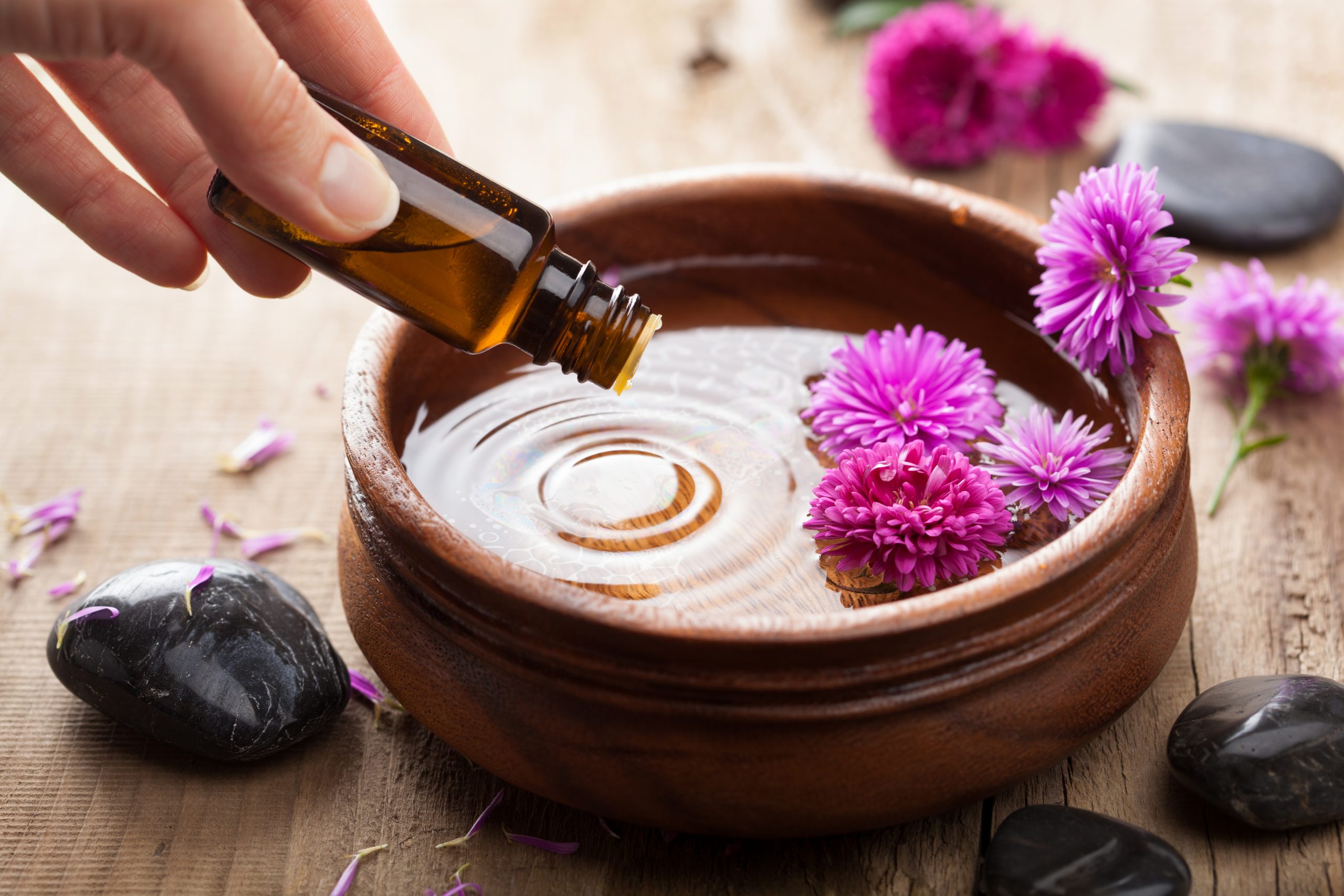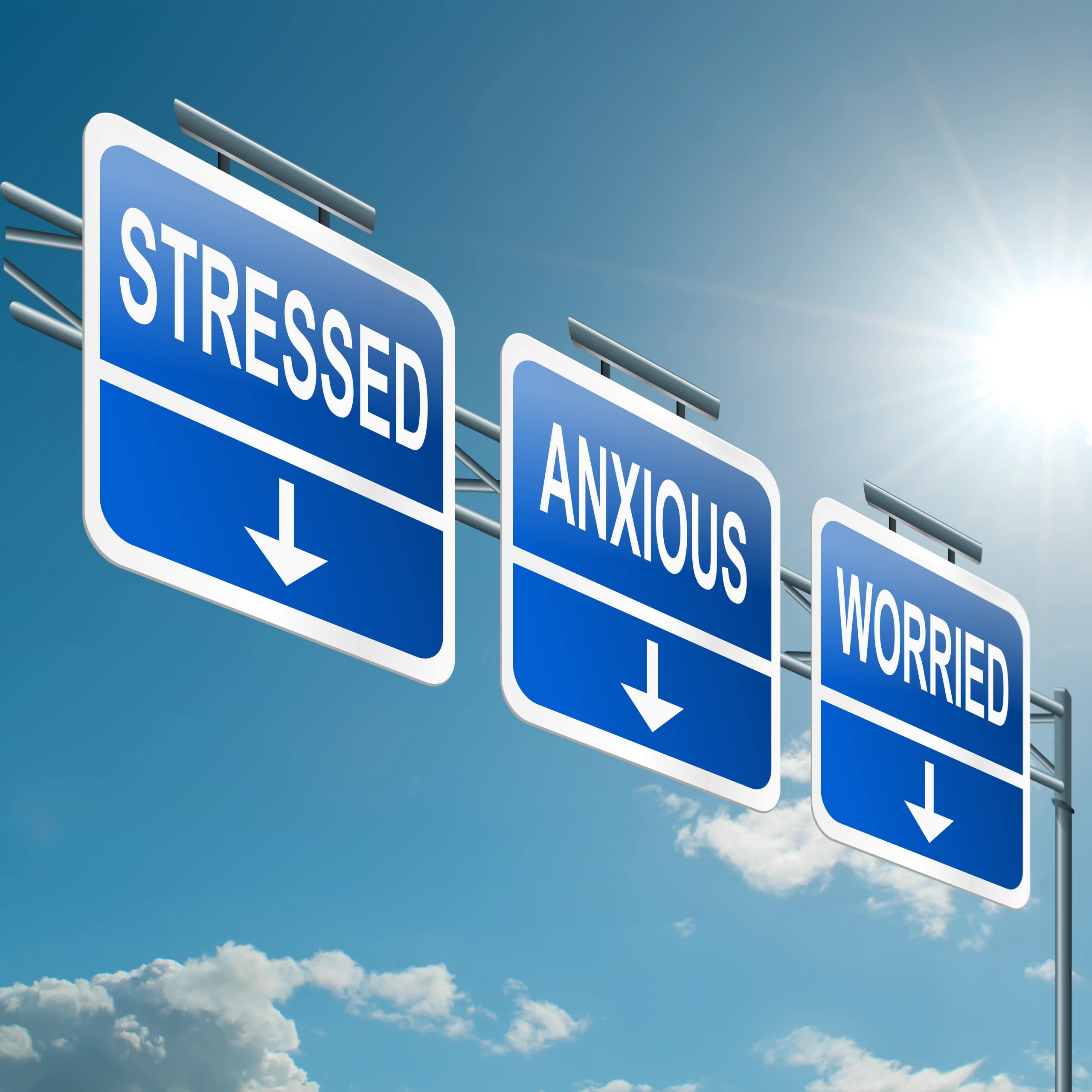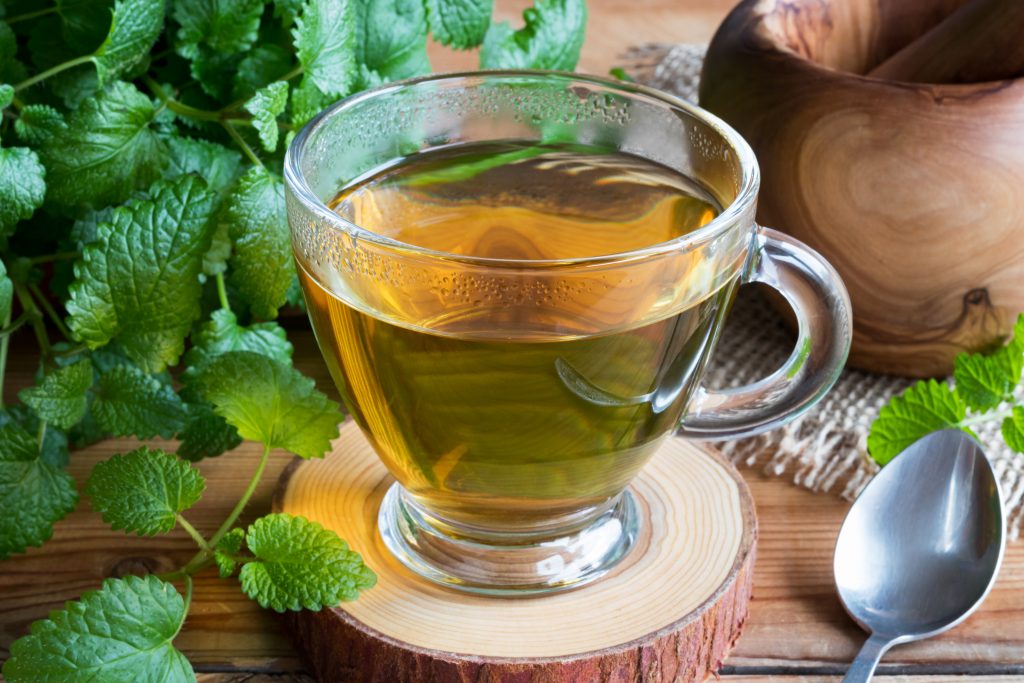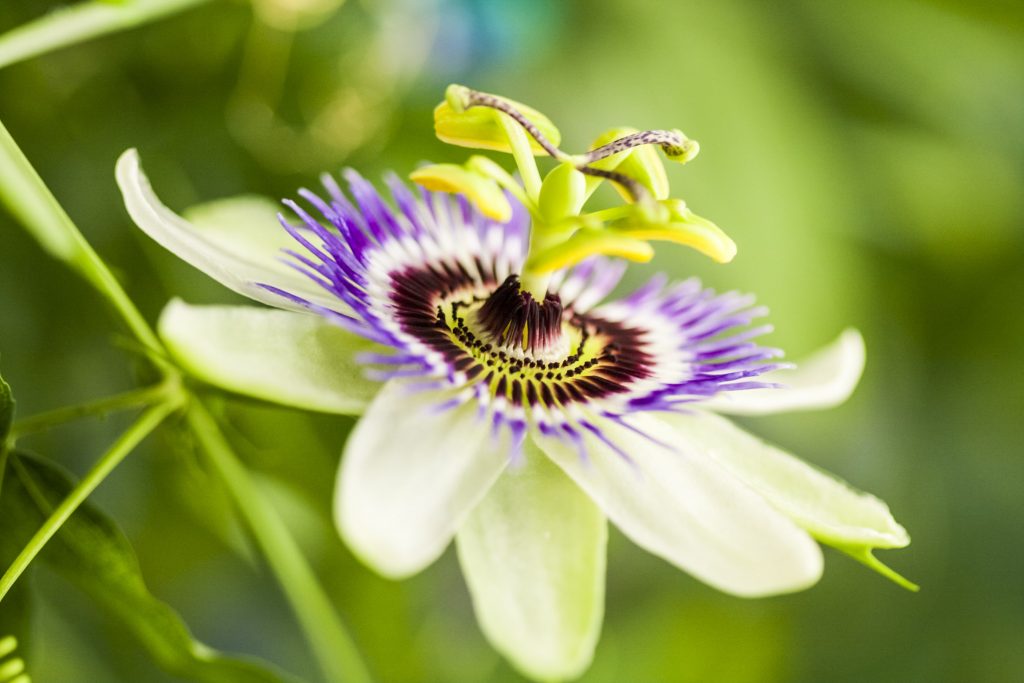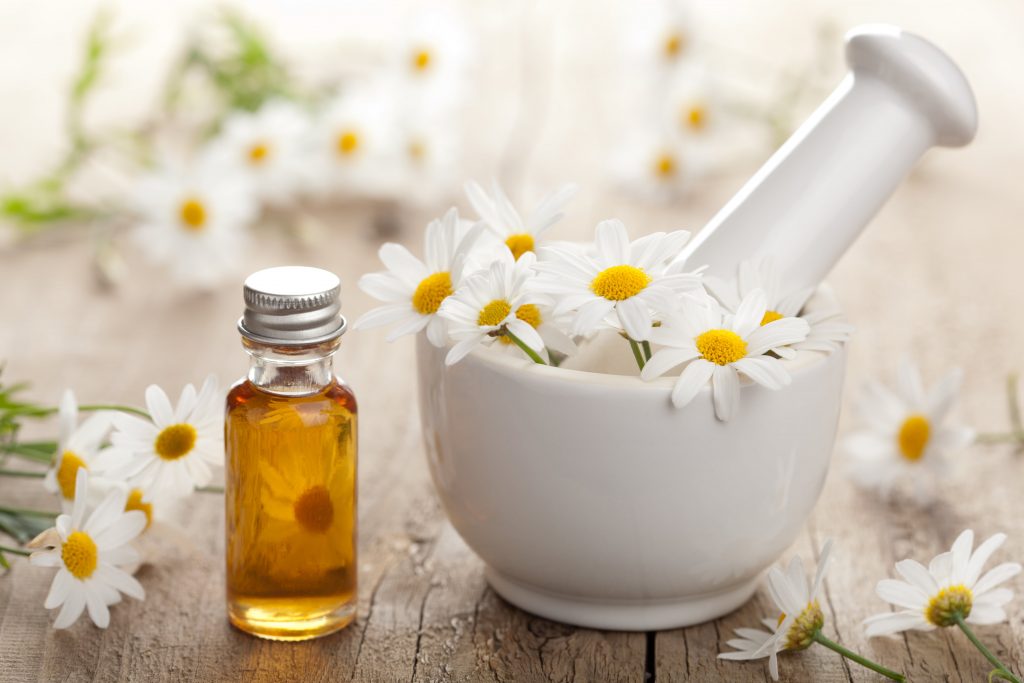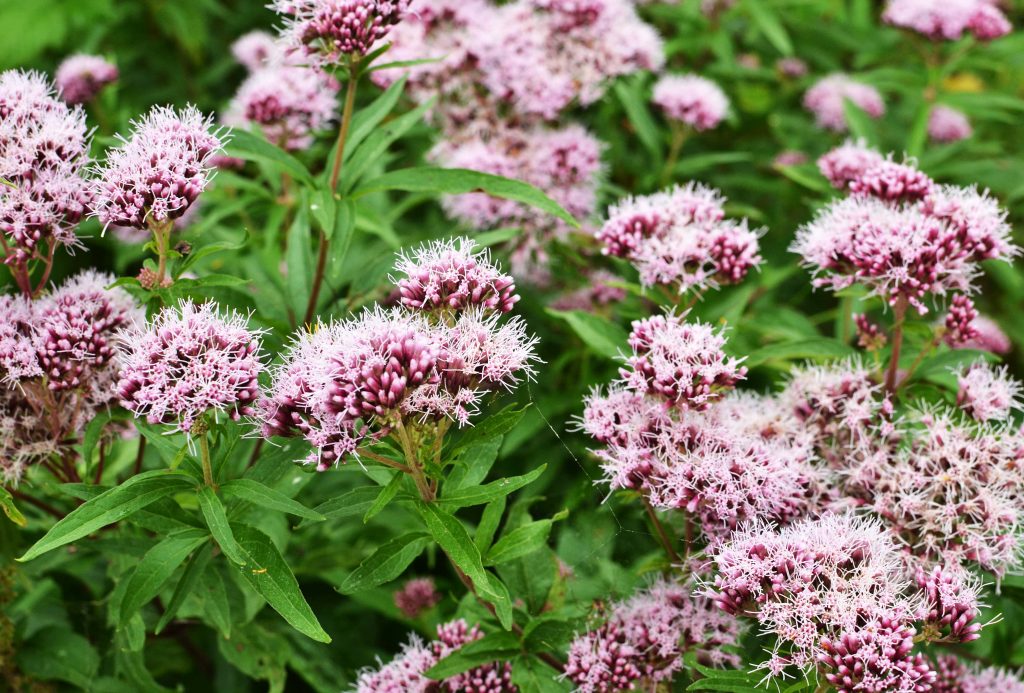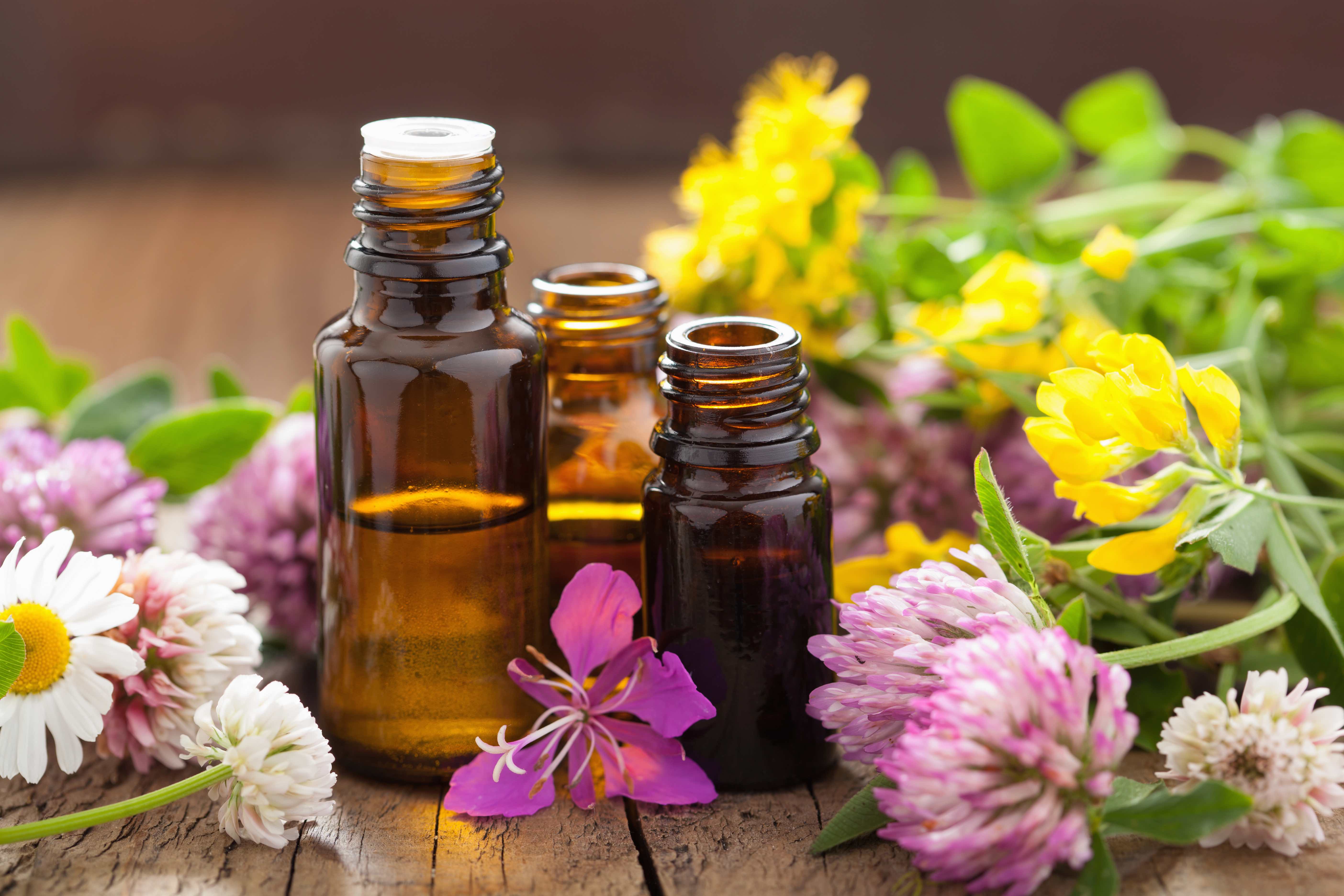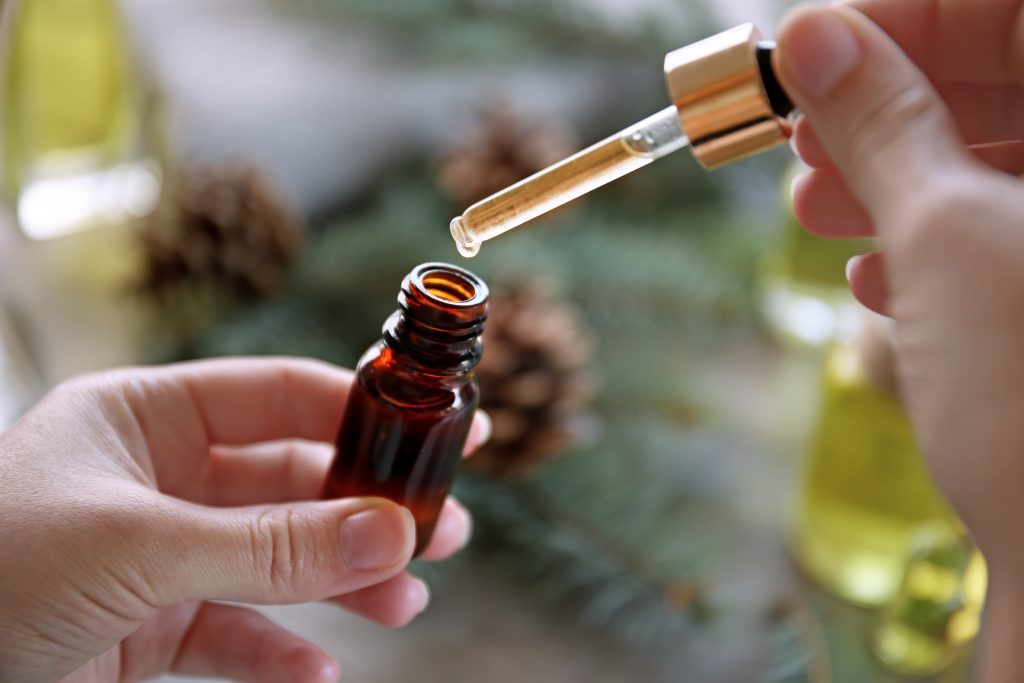What is all the fuss about?
There are entire stores dedicated to scent whether it’s a candle, diffuser, skin lotion, body spray, massage oils etc, you name it, and chances are you’ll find it. I think we can all agree that, at the very least, scents have an affect on us, good or bad. You walk into a bakery and smell freshly baked chocolate chip cookies and you can’t wait to take that first bite. Or your partner puts on their favourite scent and if you smell that scent somewhere you think of them. How many times have you smelled something and said to yourself “that reminds me of….” That is the power of aroma so let’s take a look a deeper look at it. Aromatherapy can be defined as the use of essential oils for the purpose of holistic therapeutic healing and essential oils are derived from plants. There are different ways to use essential oils and you can visit aromadina.com to find out more.
What you need to know
Whether you just like the scent or you’re looking at it as additional support for conditions, it’s important to know a few things before you buy essential oils.
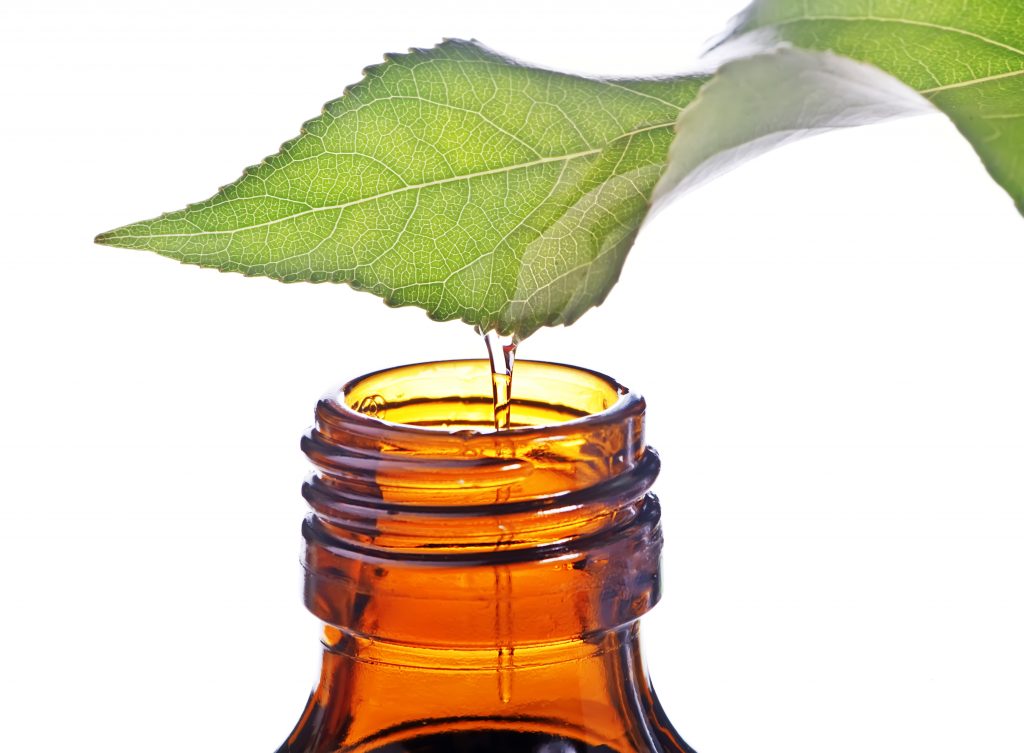
- Remember to always consult your healthcare provider first before using essential oils.
- Ingesting, or swallowing, essential oils is not recommended. Taken by mouth, the oils can damage the liver or kidneys. They can also lead to interactions with other drugs, and they can undergo unexpected changes while in the gut.
- They should never be used directly on the skin but instead mixed with a carrier oil or lotion.
- Make sure to do your research when shopping for essential oils. Watch out for the quality of the product. There are EO’s out there that are not pure. They should be tightly sealed in dark glass bottles. Read the label to make sure it doesn’t say “fragrance” oil. Fragrance oils will have synthetic ingredients or extenders. It won’t contain the essential parts of real plants.
- The quality also depends on the plants that were used which can be affected by weather, growing conditions and whether pesticides or other chemicals were used. Processing and packaging are also factors.
- Read the label to check that the Latin name of the plant being used is clearly stated, which part(s) of the plant was used, how it was extracted and how it was grown.
Some Common Essential Oils and their Uses:
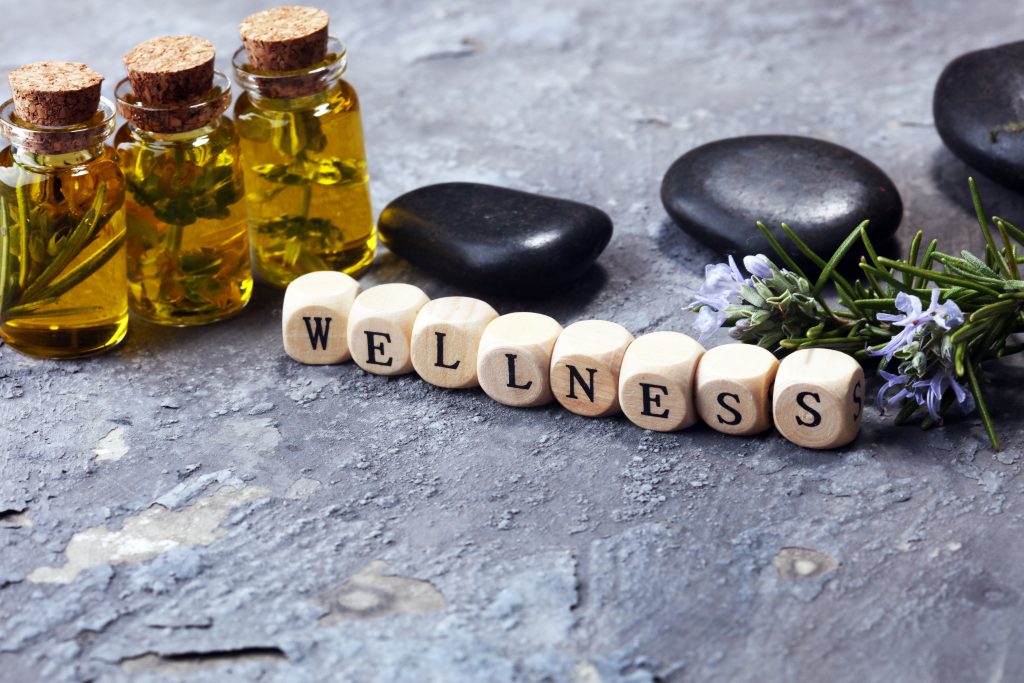
- Basil essential oil is used to sharpen concentration and alleviate some of the symptoms of depression. It may relieve headaches and migraines. It should be avoided during pregnancy.
- Bergamot essential oil is said to be useful for the urinary tract and digestive tract. When combined with eucalyptus oil it may help relieve skin problems, including those caused by stress and chicken pox.
- Black pepper essential oil is commonly used for stimulating the circulation, muscular aches and pains, and bruises. Combined with ginger essential oil, it is used to reduce arthritis pain and improve flexibility.
- Chamomile essential oil can treat eczema.
- Citronella essential oil is a relative of lemongrass and acts as an insect repellent.
- Clove essential oil is a topical analgesic, or painkiller, that is commonly used for toothache. It is also used as an antispasmodic antiemetic, for preventing vomiting and nausea, and as a carminative, preventing gas in the gut. It has antimicrobial, antioxidant and antifungal properties.
- Eucalyptus essential oil can help relieve the airways during a cold or flu. It is often combined with peppermint. Many people are allergic to eucalyptus, so care should be taken.
- Geranium essential oil can be use for skin problems, to reduce stress, and as a mosquito repellant.
- Jasmine essential oil has been described as an aphrodisiac. While scientific evidence is lacking, research has shown that the odor of jasmine increases beta waves, which are linked to alertness.
- Lavender essential oil is used as an antiseptic for minor cuts and burns and to enhance relaxation and sleep. It is said to relieve headache and migraine symptoms.
- Lemon essential oil is said to improve mood, and to help relieve the symptoms of stress and depression.
- Rosemary essential oil may promote hair growth, boost memory, prevent muscle spasms, and support the circulatory and nervous systems.
- Sandalwood essential oil is believed by some to have aphrodisiac qualities.
- Tea tree essential oil is said to have antimicrobial, antiseptic, and disinfectant qualities. It is commonly used in shampoos and skin care products, to treat acne, burns, and bites. It features in mouth rinses, but it should never be swallowed, as it is toxic.
- Thyme essential oil is said to help reduce fatigue, nervousness, and stress.
- Yarrow essential oil is used to treat symptoms of cold and flu, and to help reduce joint inflammation.
As a retired registered massage therapist, I’ve always been interested in health. I grew up loving sports so that carried into my adult life in my chosen career paths and in my personal life. I now stay active with weight training, hiking and biking. My professional life has always been in health care. This has inspired me to seek out and adopt a life of natural health and wellness.

